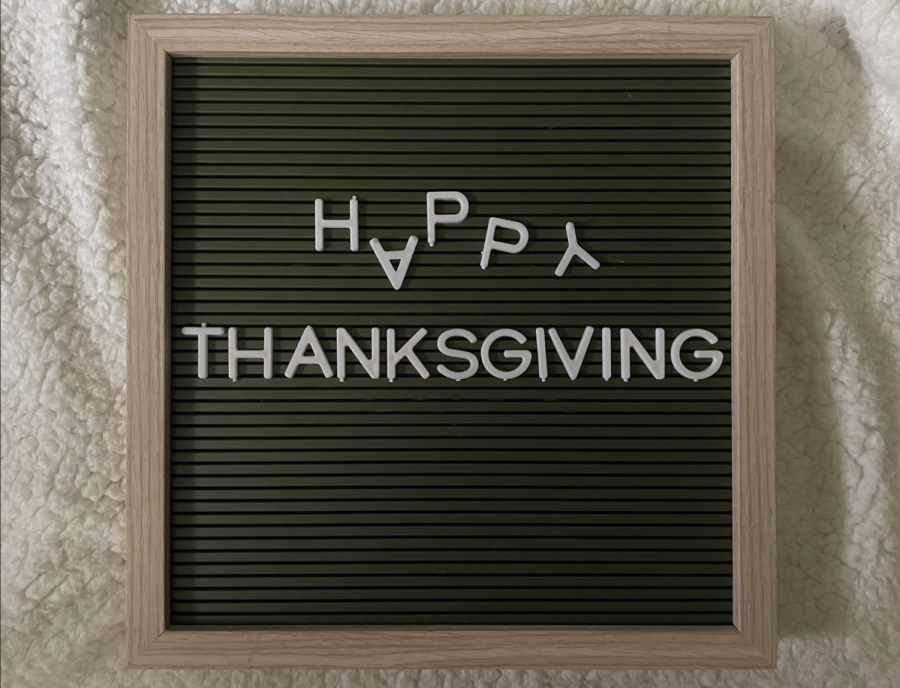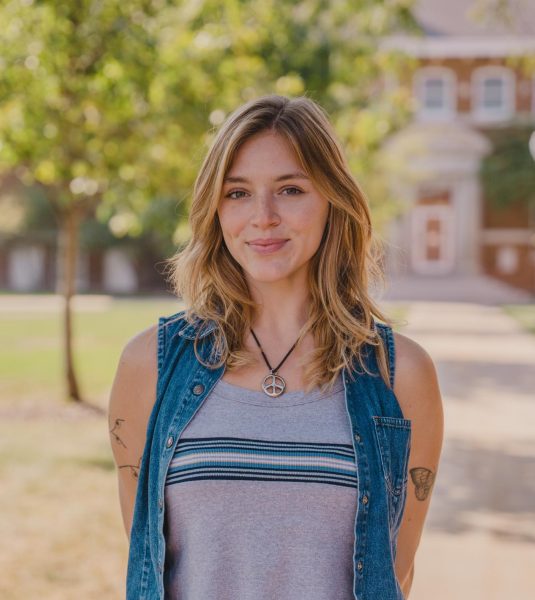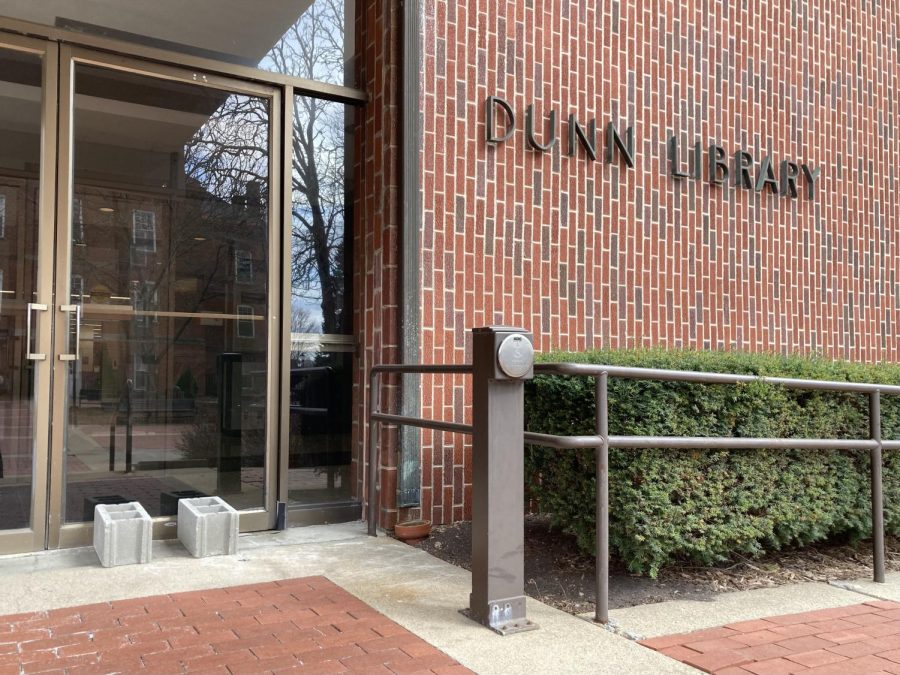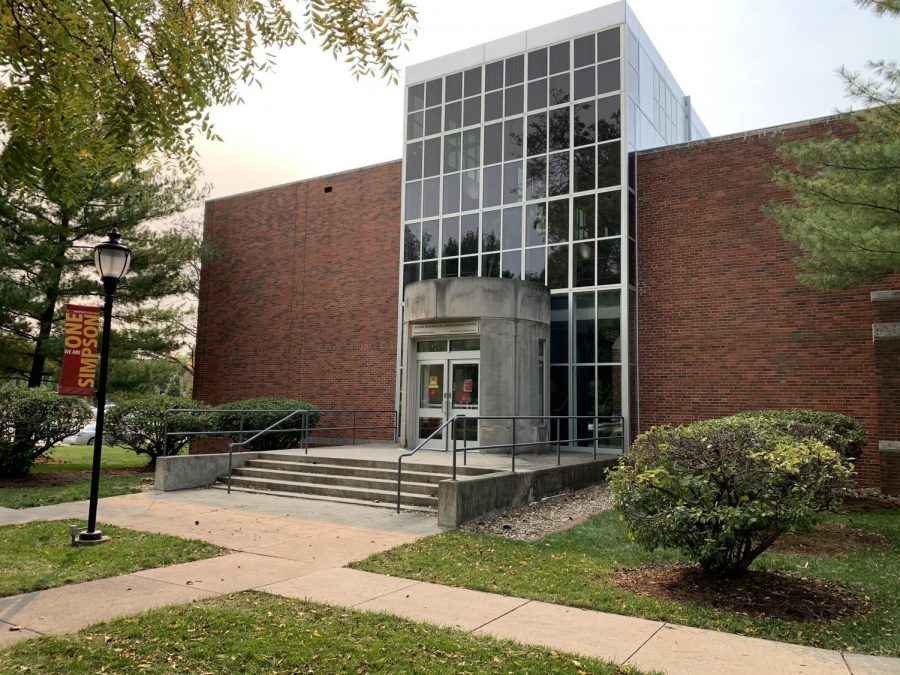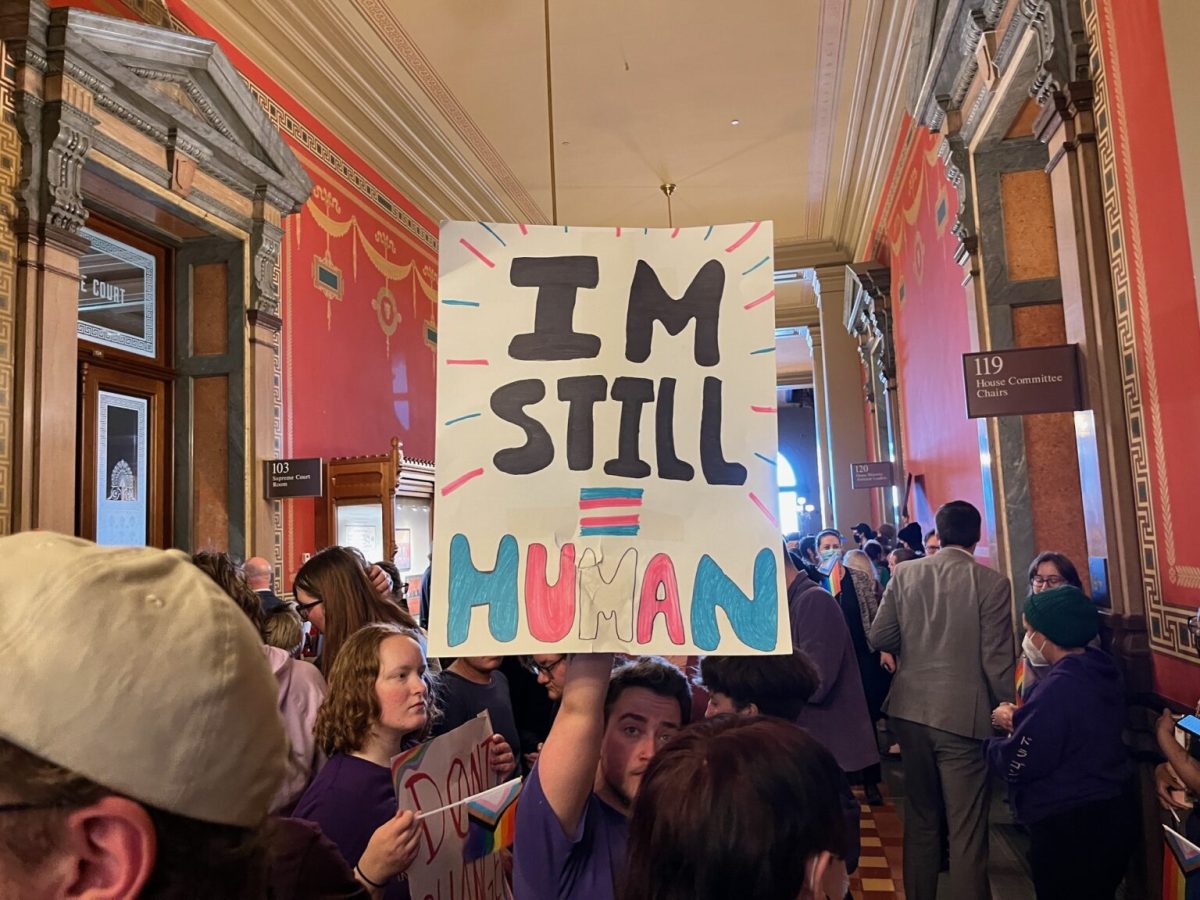“Truthsgiving”
What do you know about the truth of the first Thanksgiving?
November 16, 2022
If you grew up in the American school system, you were likely taught that the first Thanksgiving was a peaceful one. Held in 1621, this day was meant to celebrate the coming together of Pilgrims and “Indians” and their newly found partnership.
The Pilgrims were celebrating, yes. They had gained access to new land, food, people, weapons and an exciting new way of life.
Only, it wasn’t quite the same celebration for the Indigenous people.
The arrival of the Pilgrims in 1620 came with new diseases, violence and enemies for Indigenous peoples. Within four days of their arrival, the Pilgrims of Plymouth Colony raided the Wampanoag tribe’s winter provisions and stole what they wanted. And it didn’t stop there.
With the very first harvest came violence and bloodshed. The colonizers needed food to sustain the large group of people they brought into Indigenous lands, but they were not willing to compromise for it. Rather, they imprisoned, enslaved and murdered native people so they could take their lands and control the food supply.
“The only thing I ever learned in school about Thanksgiving was how peaceful it was and how it started the tradition we know today. I’ve always thought of it as a happy and family-oriented holiday,” Hannah Barragan, an elementary education major, said.
But Thanksgiving to Indigenous people is a day of mourning. With Native points of view widely excluded or erased from history, it’s not surprising how few know the truth about the holiday.
The Wampanoag tribe (along with many others) had no reason to celebrate the arrival of these colonizers. Their only concern was for their land and for their people, both of which were overtaken in a matter of days.
The first “Thanksgiving” was actually more of a rejoicing, as typical giving of thanks would involve moments of silence and long, contemplated prayer. In reality, the Pilgrims were feasting (stolen food), drinking, running militia drills, holding shooting contests and scaring native people, not breaking bread with them.
“A lot of this information I either didn’t know or I had to learn on my own,” Barragan said. “I think it’s really devastating to see how white-washed our history books have become. A big goal of future generation educators should be to reverse this reality and enforce a new and accurate one.”
To this day, Indigenous people continue to be negatively affected by colonizers. One in two native women encounter sexual violence. Four in five experience violence in general. They are the most likely group to drop out of high school, to develop alcohol dependency and have the highest rate of unsolved murders and kidnappings.
Not only has the truth of the very first Thanksgiving been distorted to satisfy the white colonizers, but life since has been altered for Indigenous people. But we can change this.
Start the conversation at the table this year as to why and what you’re really celebrating.
It’s time to turn Thanksgiving into Truthsgiving.



